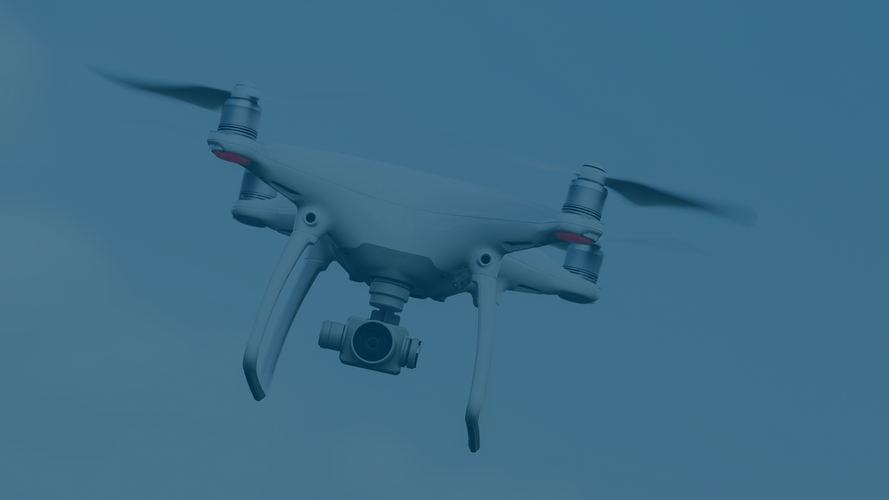Update IP, Media & Technology No. 76
Ukraine is an EU candidate: Will we soon be able to submit patent applications for Ukraine to the European Patent Office?
On June 23, 2022, the European Council awarded Ukraine EU candidate status. Does this mean that patents granted by the European Patent Office will soon also apply in Ukraine? Not immediately. For a start, candidate status does not legally bestow any rights or obligations. In addition, the European Patent Organisation (EPO) is a supranational organization that is independent from the European Union (EU). However, the EU requires Ukraine to make a number of adjustments as part of the pathway to membership, including in patent law. This means that there will be changes in Ukrainian patent law.
Ukraine as an EPO member state
Will Ukraine’s path to the EU also lead to entry into the EPO? Membership of the EPO is not a direct requirement for admission into the EU. However, all the Member States of the European Union are also members of the EPO. It can therefore be assumed that the same will apply for Ukraine. This is further indicated by the move towards harmonization with the regulations of the European Patent Convention, which was introduced in Ukraine in 2020. For instance, it is now possible to file an opposition to a newly-granted patent, which was not previously the case. In addition, the Ukrainian Patent Office and the European Patent Office signed a Memorandum of Understanding for a strengthened partnership agreement in mid-July 2022. Since 2004, every state that has been awarded EU candidate status had previously concluded an extension agreement, or, in the case of Moldova, a validation agreement, with the EPO. On average, this was just under ten years prior to receiving candidate status. Ukraine received EU candidate status despite not having concluded any such extension or validation agreement with the EPO. It would therefore seem likely that the EPO and Ukraine will rectify this in the near future by concluding a validation agreement.
For now, applications for patents still need to be made in Ukraine
On average, it takes a good two and a half years from the conclusion of negotiations to the entry into force of the validation agreement, during which time the stipulations of the validation agreement are incorporated into national law. The option of validation in the contracting state only applies to patent applications that are submitted from the effective day of entry into force. This is how all extension and validation agreements have been regulated to date, at least. For applicants, this means that patent applications should continue to be submitted to the responsible authorities in Ukraine (currently UkrNOIPI) in order to be effective in Ukraine, or a PCT application with a subsequent Ukrainian national phase.
Delaying submitting applications to the EPO
However, once the negotiations for the validation agreement have been concluded and the date of its entry into force approaches, applicants can delay their applications and only submit them to the EPO after the validation agreement has come into force. This will make sense for some cases, as it will enable entities to validate their European patents in Ukraine once they have been issued without needing to submit a separate national application or begin a Ukrainian national phase.
This newsletter takes into account the valuable information that we have received from our colleague Julia Semeniy (julia.semeniy(at)asterslaw.com). She is a Ukrainian patent attorney at Aster’s Law Firm in Kiev, with whom we have worked for many years. Mr. Kolja Lagemann, engineer and law student at Bucerius Law School, also made a significant contribution to this article during his internship in the summer of 2022.
![[Translate to English:]](/fileadmin/_processed_/d/9/csm_Horn__Dr._Anton_print_802f3bc762.jpg)
![[Translate to English:]](/fileadmin/_processed_/9/2/csm_Sommer-Zhang__Isabella_print_2c2d1d401e.jpg)


![[Translate to English:] [Translate to English:]](/fileadmin/_processed_/b/1/csm_Personen_vor_Bildschirmen_Militaer_Verteidigungssystem_iStock_erweitert_7515f53104.jpg)




![[Translate to English:] [Translate to English:]](/fileadmin/_processed_/d/3/csm_Daten_personenbezogen_Gesichtserkennung_iStock_erweitert_9cd904bfb8.jpg)
